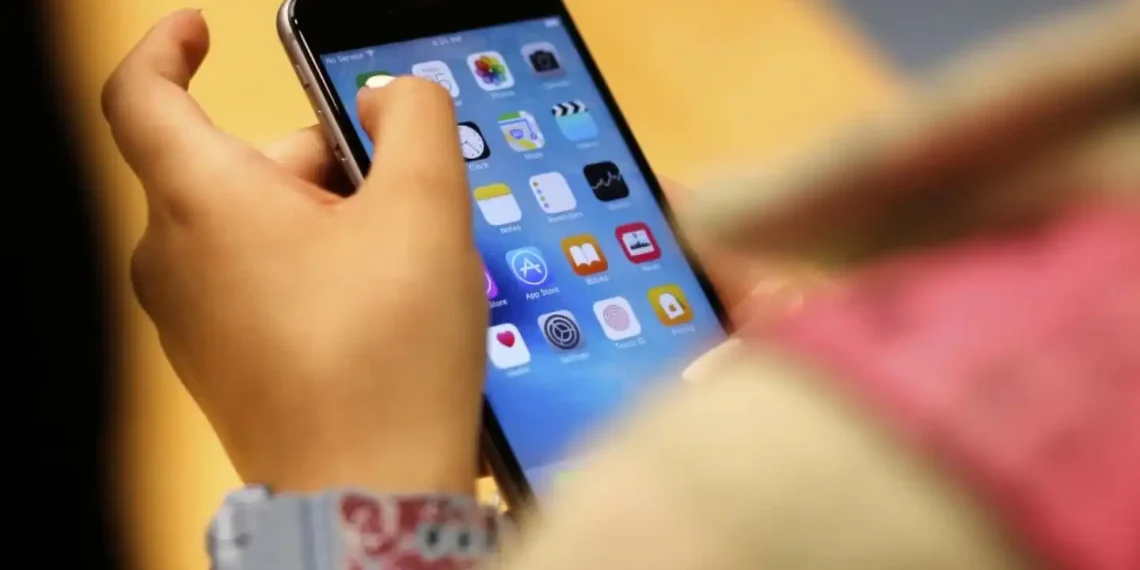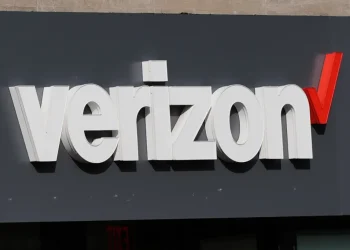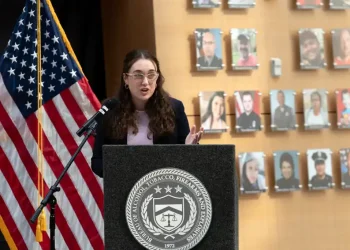Texas Social Media Ban for Minors Stalls as Legislative Deadline Nears
Austin, TX — A high-profile effort to ban social media accounts for minors under 18 in Texas appears to be fading fast, with the state legislature running out of time to act before the session ends Monday.
The bill, which had already cleared the GOP-led Texas House, would have created one of the toughest restrictions in the country—barring anyone under 18 from joining platforms like TikTok, Snapchat, and Instagram. But momentum in the state Senate slowed just as lawmakers approached a critical weekend deadline.
“This bill was the best way to protect children in this state,” said Republican state Rep. Jared Patterson, who championed the legislation. Still, without a final Senate vote, the proposal is unlikely to reach Gov. Greg Abbott’s desk in time.
Abbott has not publicly taken a position on the bill, though earlier this week he signed a separate measure into law requiring app stores like Apple’s and Google’s to verify users’ ages. That law also mandates parental consent for anyone under 18 to download apps or make in-app purchases. Utah passed a similar law earlier this year, though it’s currently tied up in court.
The Bigger Picture: Growing National and Global Push
Texas’s proposal goes further than Florida’s recent ban on social media accounts for kids under 14, and echoes moves in places like Australia, where users must be at least 16. These initiatives are part of a growing bipartisan push to tackle the mental health risks and addictive nature of social media for younger users.
Critics of the platforms argue that companies design their apps to keep kids online longer, often exposing them to violent, inappropriate, or abusive content. Supporters of the Texas bill said it was a necessary step to give children a healthier digital environment.
However, the proposal faced strong opposition from tech trade groups and free speech advocates, who argue such bans are unconstitutional and overly broad.
Teen Usage Remains Sky-High Despite Risks
A December 2024 Pew Research Center report found that nearly half of American teenagers describe themselves as being online “constantly.” This, despite growing concerns from researchers and parents alike about the toll social media and smartphones take on mental health.
The American Psychological Association has been vocal in urging lawmakers and tech companies to do more. They say social media platforms are particularly harmful to young users who struggle to disengage or control their usage.
Legal Hurdles and Uncertain Future
Even if Texas had passed the bill, it likely would have faced immediate legal challenges—just like Utah’s law, which a federal judge temporarily blocked in 2024.
Meanwhile, California is taking a different approach. Starting in 2027, it will be illegal for platforms to knowingly serve addictive algorithm-driven content to minors without parental consent. And in New York, a new law allows parents to prevent platforms from pushing algorithm-generated content to their children entirely.
As more states and countries take action, the broader debate continues: How can society protect kids from the harms of social media without infringing on free speech or digital access?
For now, Texas’s bold attempt is on pause—but the conversation is far from over.
This article was rewritten by JournosNews.com based on verified reporting from trusted sources. The content has been independently reviewed, fact-checked, and edited for accuracy, neutrality, tone, and global readability in accordance with Google News and AdSense standards.
All opinions, quotes, or statements from contributors, experts, or sourced organizations do not necessarily reflect the views of JournosNews.com. JournosNews.com maintains full editorial independence from any external funders, sponsors, or organizations.
Stay informed with JournosNews.com — your trusted source for verified global reporting and in-depth analysis. Follow us on Google News, BlueSky, and X for real-time updates.














